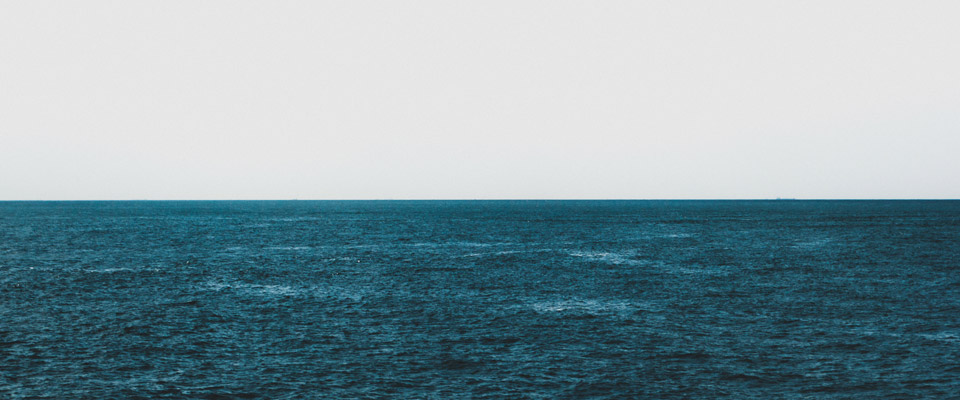Last week Canadians woke up to front page headlines telling us what we already knew. The country is in recession. The TSX dropped 368.8 points or 2.79 per cent the previous week while the distinguished British magazine, The Economist, ran a cover story calling Canada “the new rust belt.”
On the same day, our Prime Minister assured us that the economy is robust and is in superior shape to all other countries in the G7. Thomas Mulcair talked about balancing the budget rather than searching for a stimulus solution to our economic woes and “Just Not Ready” Justin Trudeau is acting more like his flamboyant mother than his cerebral father.
For retirees who have a good chunk of their resources wrapped up in the stock market, the last few weeks have been harrowing to say the least. As one market correction follows the other, and with increasing frequency, we’ve learned that it’s our real estate, our private homes, leisure or rental properties that, for most of us, continue to hold their value and promise a reasonably secure retirement.
For those of us in our sixties, seventies and beyond, a secure retirement is what it’s all about although recent worldwide events have made me think beyond my current needs.
My Canada, the one to which my father immigrated 90 years ago is becoming unrecognizable. As Germany welcomed 6,800 migrants last Saturday with another 5,000 expected on Sunday, Canada has only managed to accept a paltry number of Syrian refugees since that Middle Eastern conflict began in 2013. According to CTV News, “There are an estimated 4 million people displaced by the war in Syria. Canada has taken in 2,300 so far this year, with plans to take in another 8,000 over the next three years. People who work with refugees said there is often too much red tape to be able to help in time.”
I can’t help but imagine what would have happened to my father and his family if Canada had the same immigration policy in 1923 that it does today. My grandparents owned a small shoe factory in a tiny village along the Polish-Russian border. During World War I the district changed hands multiple times and during the aftermath of the Russian Revolution and the war between the Red and White armies, two of my father’s brothers were killed. That’s when my pop, as the eldest son, headed by ship to Canada.
He reached these borders with $30.00 in his pocket. Next came the second eldest brother and then a sister, who each made the perilous journey on their own. All of them were under twenty years old when they landed in Canada and couldn’t speak a word of English. But they made it.
During the next few years, six siblings and their parents settled in Windsor Ontario. Each of them married, worked like dogs in business or raising a family, became financially secure, sent all their children to university and retired with a home and investments.
They got to that place by playing by the rules and cherishing their Canadian citizenship. After World War II, my father opened a furniture store on Windsor’s main street where he advanced credit to the southern European immigrants flooding into the city. He took a chance on new Canadians without a credit history or even a bank account when the established businesses would not. He learned to speak Italian. These customers loved him and became lifelong friends. Many showed up at my father’s funeral years later.
My father along with his brothers and sisters and all of their children paid taxes, purchased homes, invested in the country, participated in civic life and donated to charity. Like the waves of immigrants who followed my father, our family is about as Canadian as you can get and the norm for new arrivals to this country.
In fact “Immigrants tend to be motivated individuals willing to take risks in search of greater opportunities, which should predispose them to be innovative,” said Diana MacKay, Director, Education and Health at the Conference Board of Canada. “At every level we examined—individual, organizational, national and global—immigrants were associated with increased innovation in Canada.”
Perhaps that’s why, the news of the week was so distressing to me. Along with the sour statistics about our flagging economy, Canadians were witness to the poor little drowned boy on the beach. Three-year old Aylan Kurdi, a Syrian Kurd from Kobani, a town near the Turkish border that has witnessed months of heavy fighting between Islamic State and Syrian Kurdish forces, perished needlessly, with his mother and brother, when his ship capsized in turbulent waters.
After witnessing the harrowing image of the drowned boy, and hearing the heart wrenching sobs of his Canadian aunt on television and radio, I couldn’t help but create a scenario in my mind of what would have happened to my father and his family had not Canada accepted him 90 years ago this month.
For that matter, unless you are of native Canadian descent, it’s worth considering what would have happened to the majority of Canadian families, if this huge and abundant country had not opened up its borders to successive waves of immigrants searching for a better life for themselves and their children.
The story of my Canada is one where the wretched of the earth find sanctuary. The vast majority of retirees descend from ancestors who fled the country of their birth searching for a better start in this new land. It’s my hope that we can find the will to ensure that new generations of immigrants who chose Canada as their home will have the same chance at peace, prosperity and a secure retirement that has been offered to us.































